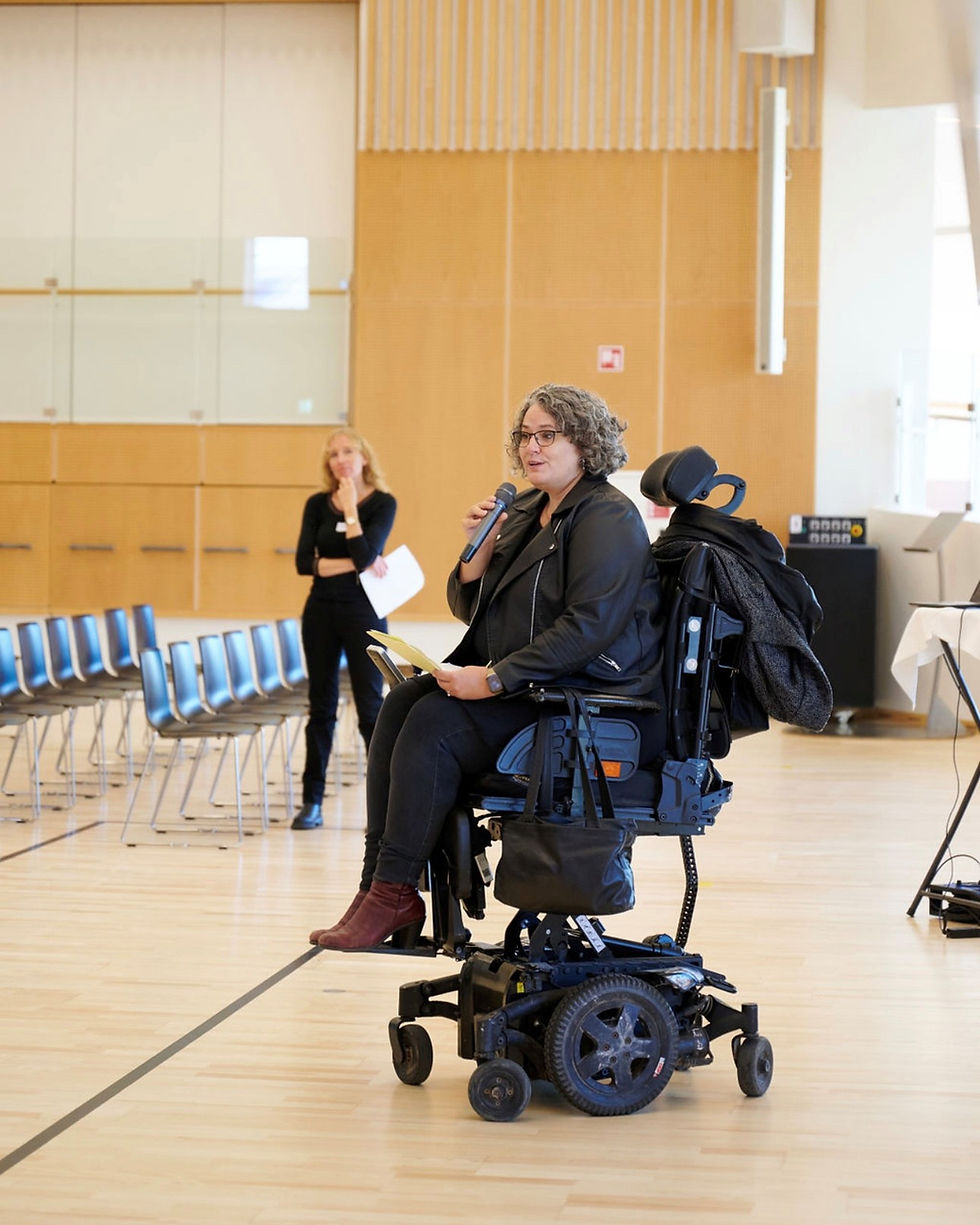European transnationals - The true European citizens
- The International
- Apr 8, 2021
- 3 min read

Photograph: iStock
Text: Narcis George Matache
A United Europe. Many humans pursued a dream that reached the pinnacle of their countries, be they good or bad, through conquest, diplomacy, trade, or ideas. An inexplicable desire to bring the continent together, see the tribes of Europe under the same flag and enter history as the legend that has done the impossible. However, despite countless attempts that shaped our history, the dream has not been completed. European Union, in all its greatness, is a far cry from United Europe.
Before the emergence of the nation-state, the Europeans had their fates and realities intertwined. Skilled humans (artisans, artists, engineers, mercenaries, missionaries) travelled the continent in search of reputation, piety, money and glory. Every EU state's histories mention them as adventurers that left a mark on their nation's fate.
After a long break, in which the realities of Europe separated into multiple national ones, a new group of humans, reminiscent of the "adventurers of the past", entered the stage. Their power? The ability to puncture the thick wall of fog between the different national realities. Their significance? They could lead to turning the "Fata Morgana" dream for United Europe into reality.
"This right to vote is the basic right without which all others are meaningless. It gives people, people as individuals, control over their own destinies." - Lyndon B. Johnson
Aalborg, 19 November 2013. Two interviews are being aired on the regional media. In one, a sweet old lady working as poll staff expresses her amazement by saying, "I never seen so many foreigners in my life; I had no idea they could vote". In another one, a young girl with tears in her eyes tells the reporter that "This is my first time voting ever. I could never imagine voting in Slovakia, yet I regained my trust in politics here in Denmark". Two instances heralding the arrival of the European transnationals.
A European transnational is a European Union citizen that lives in another EU state than the one it was born into. There are two types of European transnationals: "awaken" and "sleeping". The awakened ones have discovered their electoral rights (power to vote and candidate in the residence EU state) and have understood how they can influence the decision-making. Among the awakened ones, a few decided to also influence the origin state's politics by importing and exporting ideas.
The discovery of electoral rights alone is not enough to enter into the "awaken" state. One needs to understand the importance of using the rights and how the local and regional councils' function needs to distinguish between the different electoral offers and needs to know how to use the right to vote and candidate.
In the process of becoming "awaken", the European transnationals can make an impact on the society of the residence state. Multiple languages in institutions and political campaigns. European transnationals as candidates and elected officials in local and regional councils. Awareness of the issues from different EU states. A diversity of ideas and solutions to the Danish issues.
United Europe is not simply a political and economic union of the Europeans - it's a state of heart. We will know that we have reached that pinnacle of our existence when Hungarians, French and Spanish, will work together with Romanians to solve Romanian problems. Germans and Poles march together against Polish's injustices, and when Romanians and Italians will debate local problems from Denmark.
As a non-Danish European citizen, you have electoral rights in Denmark from the moment you get your yellow card. As a non-Danish non-European citizen (besides Iceland and Norway), you have electoral rights in Denmark if you arrived before 16 November 2017. Stand up as a candidate or go to vote on 16 November 2021.









